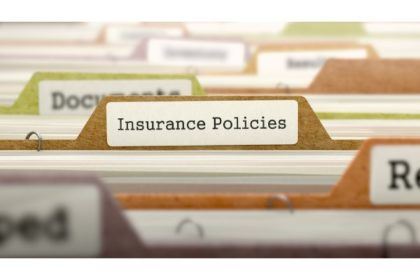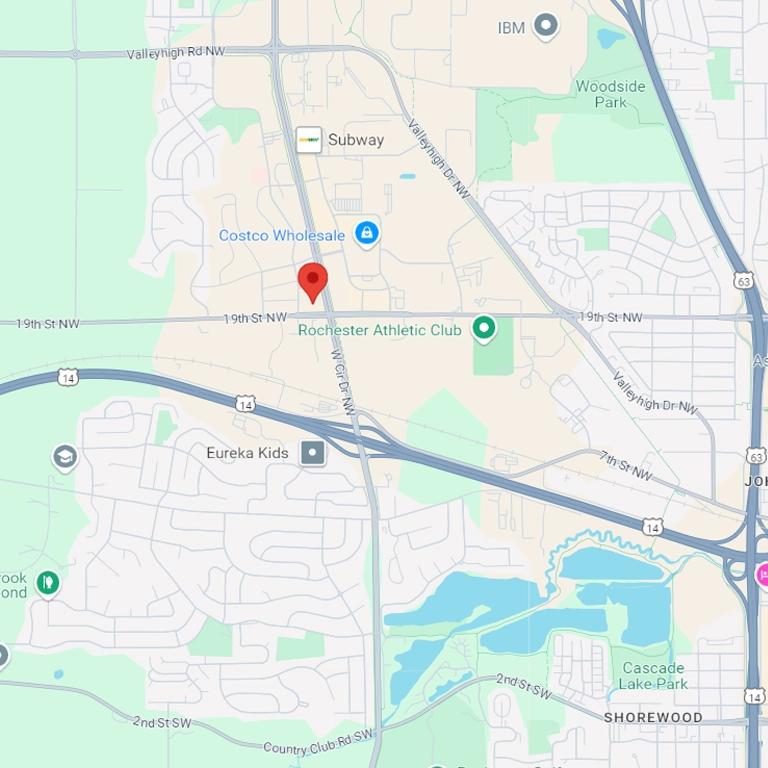Drafting and executing a valid last will and testament is a critical step to make sure that your assets are distributed in accordance with your wishes. If you have young children or want your assets distributed to persons or entities other than your immediate family, it is even more important to have an up to date will. Part of drafting your will and creating your estate plan is taking a comprehensive and accurate stock of your assets. Many people have life insurance policies which could potentially pay out a large benefit. When constructing your estate plan, you need to have a firm understanding of whether the life insurance policy will be considered part of your estate and what potential ramifications that could have for your beneficiaries.
When you purchase a life insurance policy, one of the things you are meant to do is select at least one beneficiary. You should complete a beneficiary designation form and return it to your insurance company to make sure that is properly recorded. If at least one of your named beneficiaries survives you, the proceeds of your life insurance policy will pass directly to that beneficiary, without ever having to pass through probate. This means that the proceeds will not be subject to claims by creditors of the estate and will not be subject to distribution with the other assets as named in the will. The clear advantage to this process is that the beneficiary of the policy will receive the entire value of the policy without any of your final expenses, which can sometimes be substantial, being deducted from the proceeds.
There are some situations when the proceeds of the policy do end up included with other assets of the estate. One way this can happen is if you name the estate as the beneficiary. Some individuals choose to do this to make sure that there are sufficient funds in their estate to pay off their debts at the time of their death. Another way the policy proceeds could end up in the estate is if the policy holder fails to make the necessary beneficiary designation. Depending on size of the estate and the amount of the policy payout, having the proceeds go into the estate can result in an estate tax liability.
We have extensive experience helping our clients understand what assets will be part of the estate. Call us today at (320) 299-4249 and schedule a consultation to talk about your assets and your estate.
















